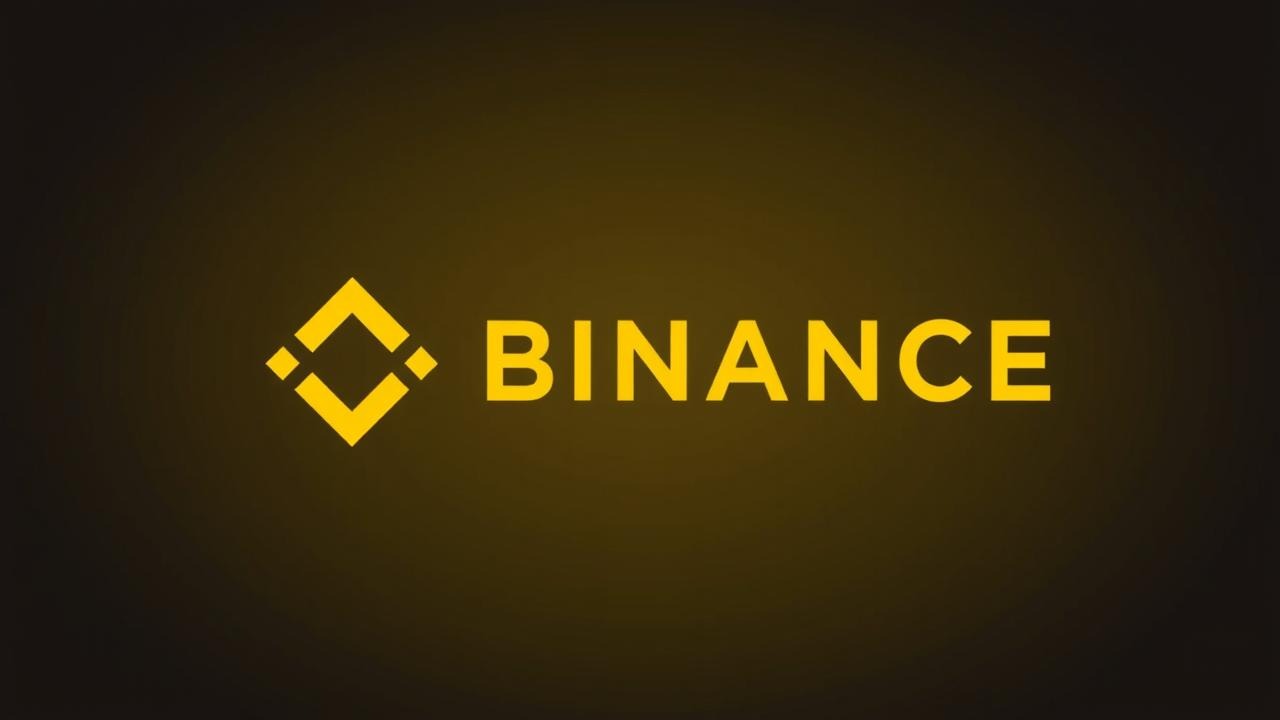You probably know Bybit, the global cryptocurrency exchange that has grown fast in the last few years. Founded in 2018, Bybit has become a go-to for traders and investors, offering spot trading, futures and options. User-friendly interface, robust trading tools and commitment to innovation has made it a favorite among new and experienced traders.
But Bybit’s journey hasn’t been smooth, especially when it comes to regulation. In 2023, the French regulator Autorité des Marchés Financiers (AMF) added Bybit to its blacklist of unregulated crypto service providers. This sent shockwaves in the crypto community and raised questions about Bybit’s future in Europe. But recently Bybit has been removed from the blacklist and now is going for MiCA license.
Why Bybit was Blacklisted by the AMF
When Bybit was first blacklisted by the AMF, it was mainly because of non-compliance with France’s crypto service provider (PSAN) registration requirements. The AMF, like other financial regulators around the world, has been getting more and more vigilant to make sure crypto exchanges operate within a legal framework. Bybit’s lack of registration led to concerns about user fund safety and transparency of operations.
The regulatory concerns were multiple. The AMF was worried about money laundering, terrorist financing and other financial crimes. They were also concerned about lack of consumer protection which is crucial in a market where digital assets can be very volatile.
What Bybit did to comply with regulations and get removed
To address these concerns, Bybit took significant steps to comply with French regulations. This includes:
- Register as a PSAN: Bybit submitted the required documents and went through the due diligence process to register as a crypto service provider in France.
- Enhance Security Measures: The exchange strengthened its security protocols to make sure user funds are safe and meets highest standards of cybersecurity.* Implement Know Your Customer (KYC) and Anti-Money Laundering (AML) Policies: Bybit revamped its KYC and AML processes to match international standards, reducing the risk of illicit activities.
- Engage with Regulators: Bybit worked closely with the AMF and other regulators, showing its commitment to compliance and transparency.
It worked and recently the AMF announced that Bybit has been removed from the blacklist. This is a big win for Bybit as it opens the door for the exchange to expand in France and other EU countries.
Read also
About the Autorité des Marchés Financiers (AMF)
The Autorité des Marchés Financiers (AMF) is France’s financial regulatory body, responsible for supervising the market and protecting investors. In the context of cryptocurrency, the AMF has been pro-active in setting up a regulatory framework to make sure crypto service providers operate transparently and securely.
One of the key requirements for crypto exchanges in France is the PSAN (Prestataire de Services sur Actifs Numériques) registration. This registration is to ensure exchanges meet certain standards of operation, including financial stability, consumer protection and AML and KYC regulations. Bybit’s registration as a PSAN was a big step in its compliance journey.
Stricter Measures after the EU’s MiCA Regulation
The European Union’s MiCA regulation, effective in 2024, will impose even stricter measures on crypto service providers. MiCA will create a comprehensive regulatory framework for the crypto industry across the EU, making sure exchanges operate under the same rules.
"The EU’s MiCA regulation is a big deal for the crypto industry, it will bring much needed clarity and standardization," said a Bybit spokesperson. **"Bybit will comply with these regulations and is already taking steps to get a MiCA license."
Under MiCA, exchanges will need to meet the following requirements:
- Licensing: All crypto service providers will need to get a MiCA license to operate in the EU.
- Transparency: Exchanges will need to disclose more information about their operations, including risk management and financial stability.* Consumer Protection: More measures will be introduced to protect consumers from undue risks.
- AML/KYC: More stringent AML and KYC policies will be mandatory, exchanges will need to implement robust measures to prevent financial crimes.
Bybit’s Strategy for Compliance in France and EU
Bybit’s strategy for compliance in France and EU is multi-faceted. Bybit has already registered as a PSAN in France which is a prerequisite to operate in the country. But Bybit’s ambition goes beyond France and the exchange is now focused on getting a MiCA license.
The MiCA license is key to Bybit’s long term success in Europe. It will not only allow the exchange to operate in all EU member states but also boost its credibility and trustworthiness in the eyes of regulators and users. Bybit is already preparing its application and working with legal and regulatory experts to make sure it meets all the requirements.
How MiCA will standardize crypto regulations across the European Union
MiCA is a big deal for the crypto industry in Europe. It will standardize regulations across the EU, creating a level playing field for all crypto service providers. This standardization is crucial for the growth and adoption of cryptocurrencies as it will bring much needed clarity and consistency.
For Bybit getting a MiCA license will be a big milestone. It will allow the exchange to expand its services to a broader audience in Europe, tap into new markets and user bases. It will also set a precedent for other exchanges, showing that compliance is possible and beneficial in the long run.
Impact on Bybit’s European Expansion
Bybit’s removal from the AMF’s blacklist and pursuing a MiCA license will have a big impact on its European expansion. The exchange will be able to operate more freely in France and the MiCA license will open doors to other EU countries.
This will also attract more institutional and retail investors who are looking for regulated and transparent platforms. Bybit’s compliance will enhance its reputation and make it a more attractive option for traders and investors.
Other Crypto Exchanges
The implications of Bybit’s regulatory progress are big. Other crypto exchanges facing similar challenges in Europe will take note of Bybit’s strategy and follow suit. Getting a MiCA license will be a necessity for any exchange that wants to operate in the EU and Bybit’s journey will be a blueprint for others.
Moreover this increasing focus on compliance is a good sign for the crypto industry as a whole. It means a maturing market where exchanges are held to higher standards which ultimately benefits consumers and promotes the growth of cryptocurrencies.
What this means for Crypto Investors in France and EU
For crypto investors in France and EU, Bybit’s compliance is good news. They can now trade on a platform that meets the highest standards of security and transparency. This will give them more confidence in their investments and reduce the risks associated with using unregulated exchanges.
Also the standardization of regulations under MiCA will create a more stable and predictable environment for investors. They will know that the exchanges they use are operating under the same rules which will help to mitigate the risks of fraud and financial instability.
Next Steps for Bybit to get a MiCA License
Now that Bybit is off the AMF’s blacklist, the next step is to get a MiCA license. The process will involve:
- Submit a Comprehensive Application: Bybit will need to submit a detailed application to the relevant EU regulatory body, outlining its compliance measures and business practices.
- Regulatory Scrutiny: The application will be reviewed thoroughly and Bybit may need to undergo additional audits and assessments to prove its compliance.
- Ongoing Compliance: Even after getting the MiCA license, Bybit will need to maintain high standards of compliance and transparency to keep its license.
Challenges of European Crypto Regulations
While getting a MiCA license is a positive step, it’s not without challenges. European crypto regulations are some of the toughest in the world and compliance can be a complex and time consuming process. Some of the challenges Bybit and other exchanges may face:
- High Compliance Costs: Meeting the regulatory requirements can be expensive especially for smaller exchanges.
- Ongoing Monitoring: Exchanges will need to monitor and update their compliance practices continuously to stay compliant.* International Coordination: Coordinating with multiple regulatory bodies across different EU countries can be a challenge.
Global Crypto Regulations and Its Impact on Exchanges
The regulatory landscape for cryptocurrency is evolving globally. While Europe is leading with MiCA, other regions are also tightening up. The US is increasing its scrutiny on crypto exchanges and China has taken a more prohibitive approach.
Bybit’s success in navigating the European regulatory landscape will be a blueprint for other exchanges looking to go global. It shows the importance of proactive compliance and engagement with regulatory bodies. As more countries implement similar regulations, the trend towards standardized and transparent practices will continue and will benefit the industry as a whole.
Bybit’s Regulatory Progress and Future Outlook
Bybit’s journey from being blacklisted by the AMF to getting a MiCA license is a testament to the exchange’s commitment to compliance. Being off the blacklist is a big achievement but getting a MiCA license is the next step.
This regulatory progress is good for Bybit’s European expansion and for the crypto industry as a whole. As more exchanges follow suit, the market will be more stable and credible and will promote long term adoption and growth.
Compliance is a Strategic Imperative for Long Term Crypto Adoption
Compliance is not just a legal requirement; it’s a strategic must for long term success of crypto exchanges. By being compliant, exchanges can build trust with users, regulators and institutional investors. This trust is crucial for broader adoption of cryptocurrency and growth of the industry.
Bybit’s compliance sends a strong message that the exchange is serious about its role in the crypto ecosystem. As the market matures, compliance will become more important and exchanges that prioritise it will be better off.
What this means for Crypto Exchanges in Europe
The future of crypto exchanges in Europe is tied to compliance. Bybit’s journey is a sign of things to come. As more exchanges want to operate in the EU, the importance of getting a MiCA license will only increase.
This trend towards compliance is good. It will create a more stable and secure market and will benefit both exchanges and investors. Bybit’s journey is a clear example of how exchanges can work with regulators to build a better future for the crypto industry.Overall, being off the blacklist and going for a MiCA license is big. It shows Bybit’s commitment to compliance and the industry.




 Best Practices for Securing Your Crypto Exchange Account
Best Practices for Securing Your Crypto Exchange Account
 Review of Binance – The Best Choice for Cryptocurrency Trading
Review of Binance – The Best Choice for Cryptocurrency Trading
 Understanding Crypto Exchange Fees and How to Minimize Them
Understanding Crypto Exchange Fees and How to Minimize Them


